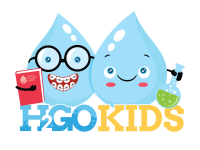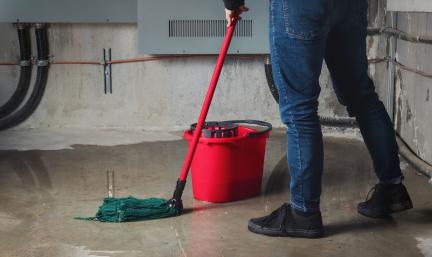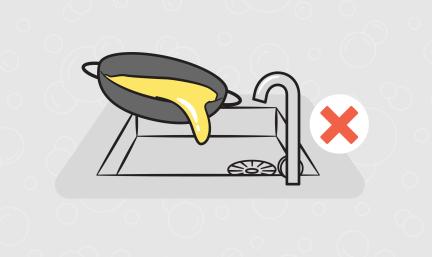Flushing Guidelines
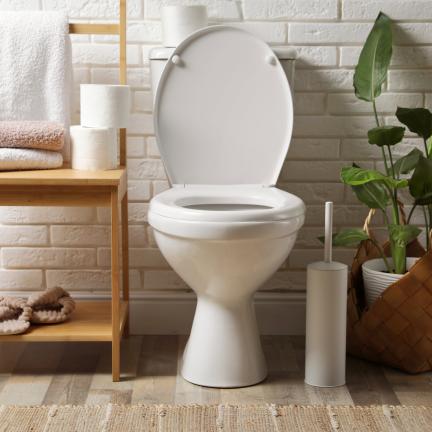
Flushing Guidelines: Keep Your Plumbing and Environment Safe
Toilets are essential to our daily lives. However, they are not designed to be trash cans. Flushing inappropriate items down the toilet can lead to clogged pipes, environmental damage and costly repairs. To maintain your plumbing system and environmental health, you should never flush the following items:
- Items commonly mistaken as flushable, such as “flushable” wipes, paper towels, and feminine hygiene products. These do not disintegrate like toilet paper and are likely to clog systems. Despite their labels, flushable wipes are notorious for causing blockages and should be disposed of in the trash.
- Trash like cotton balls, dental floss, bandages, cigarette butts and hair can also create significant problems by accumulating in sewer lines and entangling in pumping equipment.
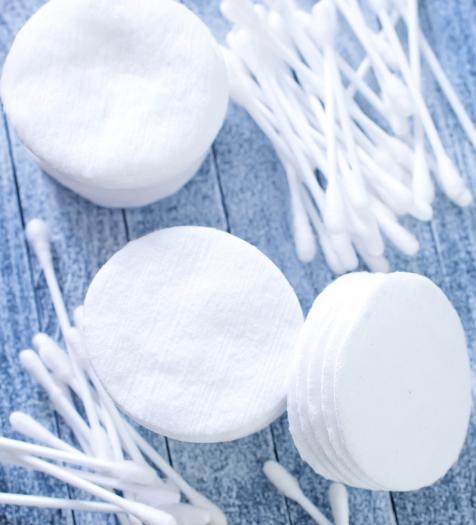
- Medications and hazardous chemicals are particularly harmful to the environment when flushed. These substances can bypass treatment processes, contaminating waterways and harming wildlife. Dispose of unused medications by taking them to a drug take-back site and bring hazardous chemicals like paints and oils to designated disposal facilities.
- For pet owners, it’s important to note that pet waste, including cat litter, should never be flushed. Cat litter can clump and clog pipes, and pet waste can introduce harmful parasites into the ecosystem.
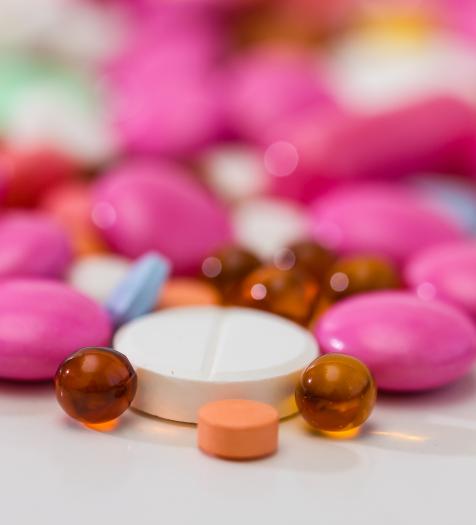
By following these guidelines, you can prevent damage to your home’s plumbing and contribute to the health of our water systems. Let’s work together to keep our facilities running smoothly and our environment clean.

